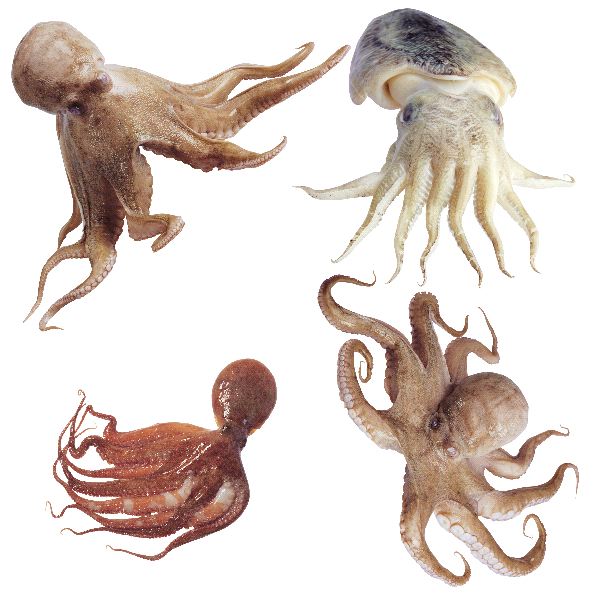Researchers Warning We Should Not Farm Octopuses – 1 – We Should Not Farm Octopuses, but there’s no denying that keeping animals has deeply benefited humanity over the centuries. However,
while sheep and cows may have adapted well to farm life, there’s one animal human beings like to consume that would fare improperly in farms.
Octopuses, scientists have actually argued in a brand-new essay, need to never be farmed – not just because of their intelligence, however because of the ecological effects such farms would develop.
It’s currently begun. Worldwide demand for octopus as a food is on the rise, which in 2015 saw prices soaring in the middle of bad supply. Rates are anticipated to remain high for a minimum of the rest of 2019.
The yield of octopuses fished in the wild varies, which in turn adds to an unreliable supply – for this reason, tries to farm octopuses have actually already begun. In multiple countries around the globe, efforts are underway to produce an octopus farm, consisting of trials of genetic modifications to speed up cephalopod aquaculture.
This, obviously, would produce some recognized ecological effects, a group of environmental researchers, philosophers and psychiatrists composes in a recent edition of Issues in Science and Technology.
Such impacts consist of nitrogen and phosphorus contamination from animal waste, interbreeding and the spread of disease, and loss of habitat, to name a few.
Like the majority of farmed marine creatures, they’re predators, and need fish protein and oil in their diet plan. And octopus larvae just eat live food – that needs to originate from somewhere.
But the greatest environmental issue is the octopus diet plan.
” Feeding most farmed aquatic animals puts additional pressure on wild fish and invertebrates for fishmeal,” the scientists wrote.
” Around one-third of the worldwide fish catch is developed into feed for other animals, roughly half of which goes to aquaculture. Many fishmeal fisheries are subject to overfishing and are declining.”
Octopuses require a great deal of food – at least three times the weight of the animal over its lifetime – and ensuring their requirements are fulfilled in factory farms would develop more, not less pressure on these already declining fisheries.
This would likely reduce global food security for human beings.
However, even if this problem might be solved, keeping octopuses in factory farms would be cruel.
If you’ve ever been to a marine fish tank, you likely understand this. Octopuses are well known for their intelligence and problem-solving skills. Toys are frequently kept in the octopus tanks to keep the cephalopods from getting bored.
They can open jars, identify specific humans, remember puzzles they’ve been provided previously, even escape an aquarium when they’ve had sufficient (so, you understand, that’s a consideration too – think of an entire farm of octopuses making a jailbreak).
They’ve likewise revealed stressing behaviours in captivity, including cannibalism, and eating the suggestions of their own tentacles (which might be the result of a transmittable illness). In an environment without any stimulation, these animals grow frustrated and bored.
” Beyond their basic biological health and safety, octopuses are most likely to want high levels of cognitive stimulation, in addition to chances to explore, control, and control their environment,” the researchers composed. “Intensive farm systems are undoubtedly hostile to these attributes.”
Research is rising ahead worldwide.
At the minute, there are some quite big obstacles to get rid of even getting an octopus farm off the ground, such as keeping the young animals alive through to their adult years. But technological advances could see that change.
Octopus farming experimentation in Mexico has reported advancements in the last decade, and a Japanese seafood company has reported effectively hatching eggs in 2017. They have anticipated they ‘d have farmed octopus on the market next year.
With a lot of issues already evident, the researchers are hoping this can be nipped in the bud.
” It is our hope that if such a choice does become practical, society will recognize the serious well-being and environmental problems connected with such tasks and octopus farming will be dissuaded or prevented,” they wrote.
” Better still would be for governments, private business, and scholastic institutions to stop purchasing octopus farming now and to instead focus their efforts on accomplishing a really sustainable and thoughtful future for food production.”
The essay has been released in Issues in Science and Technology 35.





